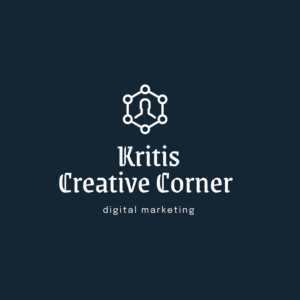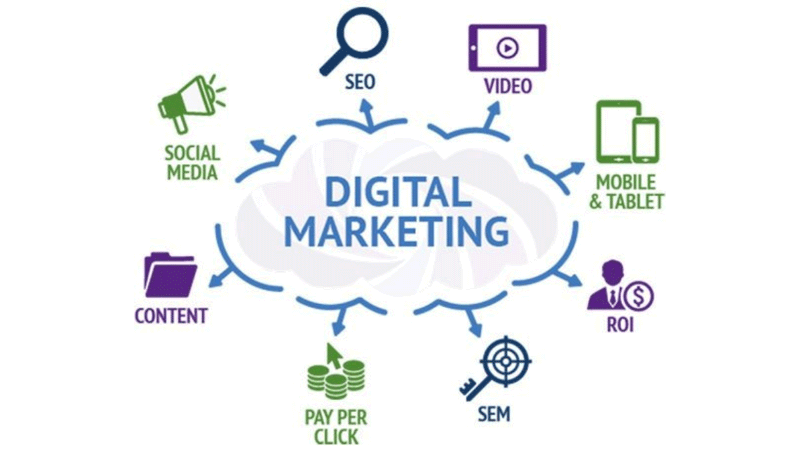
Digital marketing is a versatile tool that businesses, organizations, and individuals use across various industries and platforms to achieve their objectives. It encompasses a broad range of strategies and channels to engage audiences, promote products or services, and achieve specific business goals. Here’s a detailed explanation of where digital marketing is used:
- E-commerce: Promoting products, running targeted ads, and creating personalized shopping experiences.
- Retail: Driving foot traffic through location-based ads and promotions.
- Healthcare: Educating patients, promoting services, and managing reputation online.
- Education: Attracting students through campaigns for schools, universities, and online courses.
- Real Estate: Generating leads and showcasing properties through virtual tours and ads.
- Entertainment: Marketing movies, music, and events through social media, streaming platforms, and influencers.
- Hospitality & Tourism: Promoting travel destinations, hotels, and experiences.

- Search Engines: Using SEO and paid search ads to increase visibility on Google, Bing, and others.
- Social Media: Platforms like Facebook, Instagram, LinkedIn, TikTok, and Twitter for advertising, community building, and customer engagement.
- Email Marketing: Communicating with leads, promoting offers, and nurturing customer relationships.
- Websites: Optimizing websites to attract and convert visitors.
- Content Platforms: Blogs, YouTube, and podcasts for sharing valuable, engaging content.
- Mobile Apps: Engaging with users through app-based ads, notifications, and in-app promotions.

- Brand Awareness: Building a brand’s online presence and recognition.
- Lead Generation: Attracting potential customers through targeted ads and gated content.
- Sales and Conversions: Encouraging purchases via e-commerce or service bookings.
- Customer Retention: Engaging existing customers with loyalty programs, updates, and personalized offers.
- Event Promotion: Publicizing webinars, product launches, or in-person events.
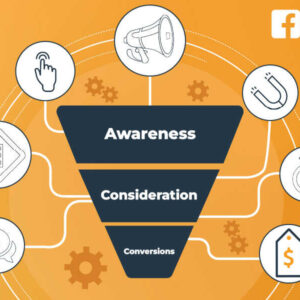
- Artificial Intelligence (AI): For personalized recommendations, chatbots, and data analytics.
- Voice Search: Optimizing for smart speakers and voice assistants.
- Augmented and Virtual Reality (AR/VR): Interactive ads, virtual showrooms, and product demos.
- Blockchain: Enhancing transparency in ad campaigns and securing transactions.

- Local Marketing: Geotargeting customers for local businesses or regional promotions.
- Global Campaigns: Reaching international markets through multilingual and culturally tailored strategies.
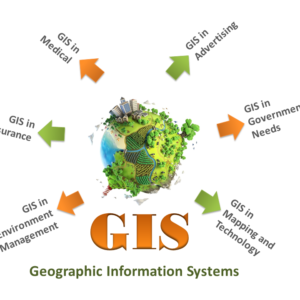
E-commerce businesses heavily rely on digital marketing to attract, engage, and retain customers. Strategies include:
- Search Engine Optimization (SEO): Optimizing product pages to appear in search results.
- Social Media Marketing: Promoting products on platforms like Instagram, Facebook, and TikTok to drive sales.
- Email Marketing: Sending personalized offers, reminders, and newsletters to customers.
- Pay-Per-Click Advertising (PPC): Running targeted ads on Google, Bing, or social media to drive traffic to online stores.
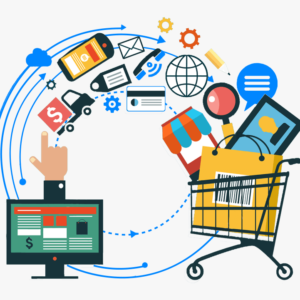
Service providers such as law firms, consulting agencies, and personal trainers use digital marketing to connect with potential clients:
- Content Marketing: Publishing blogs, guides, or videos that demonstrate expertise.
- Local SEO: Ensuring visibility on local searches with tools like Google My Business.
- Social Proof: Using testimonials, case studies, and reviews in campaigns to build trust.

Educational institutions and online learning platforms use digital marketing to attract students and showcase programs:
- Social Media Campaigns: Highlighting student stories, course offerings, and campus life.
- Webinars and Live Sessions: Offering free sessions to demonstrate value and expertise.
- Affiliate Marketing: Partnering with influencers to promote courses.
- Targeted Ads: Reaching specific demographics based on interests and career goals.
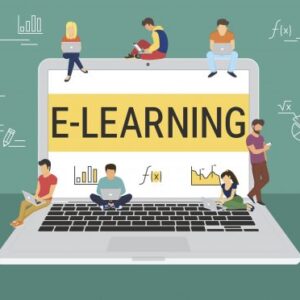
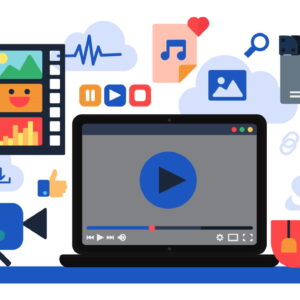
In conclusion, digital marketing is a versatile and essential tool for businesses and organizations across various industries. It is used to promote products, build brand awareness, engage with target audiences, generate leads, and drive sales. With its applications spanning from social media and content creation to email marketing, SEO, and paid advertising, digital marketing enables businesses to connect with customers in personalized and measurable ways. Its adaptability and cost-effectiveness make it invaluable for startups, established enterprises, non-profits, and even personal branding efforts. As the digital landscape evolves, the role of digital marketing will continue to expand, offering endless opportunities for growth and innovation.
